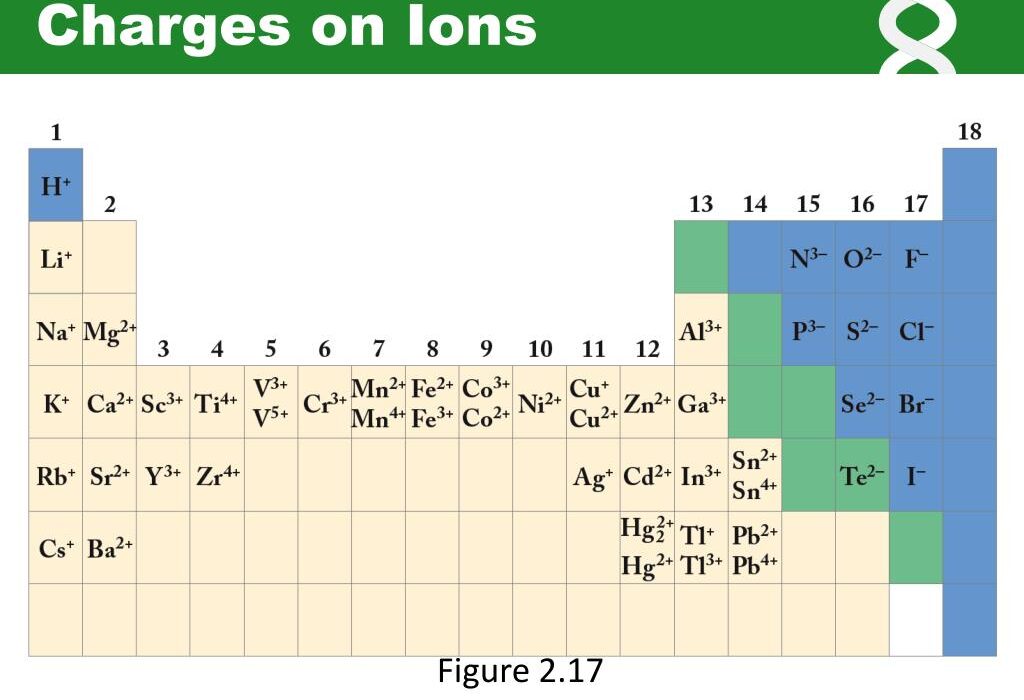In the world of politics, events can unfold rapidly, causing ripples that affect individuals and nations alike. Recently, a particular incident at an Israeli restaurant captured headlines and raised eyebrows. Let’s delve deeper into the details surrounding the charges laid over this incident and the frustration expressed by Treasurer Jim Chalmers due to the Reserve Bank of Australia (RBA) holding rates steady.
Imagine a bustling street in Melbourne’s CBD, where an Israeli restaurant named Miznon found itself at the center of a storm. Reports surfaced that a group of protestors, outraged by part-owner Shahar Segal’s ties to the Gaza Humanitarian Foundation, staged a dramatic demonstration outside the establishment. The situation escalated into an alleged affray as emotions ran high and voices grew louder.
“Police charge three people after Israeli restaurant incident,”
read one headline. It was Victoria Police who took action against those involved in the fracas. The legal repercussions started unfolding as authorities sought to bring accountability to those responsible for disrupting the peace on that fateful day.
Amidst this commotion, Treasurer Jim Chalmers found himself grappling with a different kind of frustration – economic in nature. The RBA’s decision to maintain the cash rate at 3.85 per cent left him disheartened. Despite ongoing efforts to combat inflation successfully, Chalmers voiced his disappointment at what he perceived as a missed opportunity for financial progress that could benefit millions across Australia.
“The RBA’s decision was not what millions of Australians were hoping for,”
lamented Chalmers, highlighting his concerns about how this choice might impact the nation’s economic trajectory moving forward.
As these events unfolded on one side of the globe, another intriguing development took place between two prominent world leaders – President Donald Trump and Prime Minister Benjamin Netanyahu. Their discussions centered around plans involving Palestinians and culminated in Netanyahu nominating Trump for a Nobel Peace Prize during their White House meeting.
The nomination sent shockwaves through diplomatic circles and sparked debates about its implications on international relations. Such gestures between leaders hold symbolic weight and can shape geopolitical landscapes in unforeseen ways.
Meanwhile, halfway across the world in Russia, tragedy struck with news of Russian minister Roman Starovoit being found dead hours after his dismissal from Kremlin duties. His untimely death cast shadows over political corridors and raised questions about its circumstances amidst already tense geopolitical climates.
In another twist reflective of global economic dynamics, Trump made headlines once again by announcing significant tariffs on exports from Japan and South Korea to the United States. This move reverberated through financial markets and underscored ongoing trade tensions between major economies.
Each event mentioned here serves as a piece in the intricate puzzle of global affairs, showcasing how interconnected our world has become across borders and ideologies.

